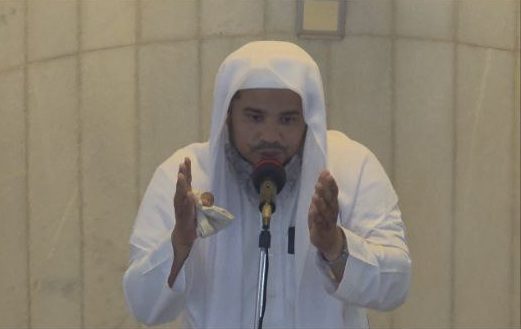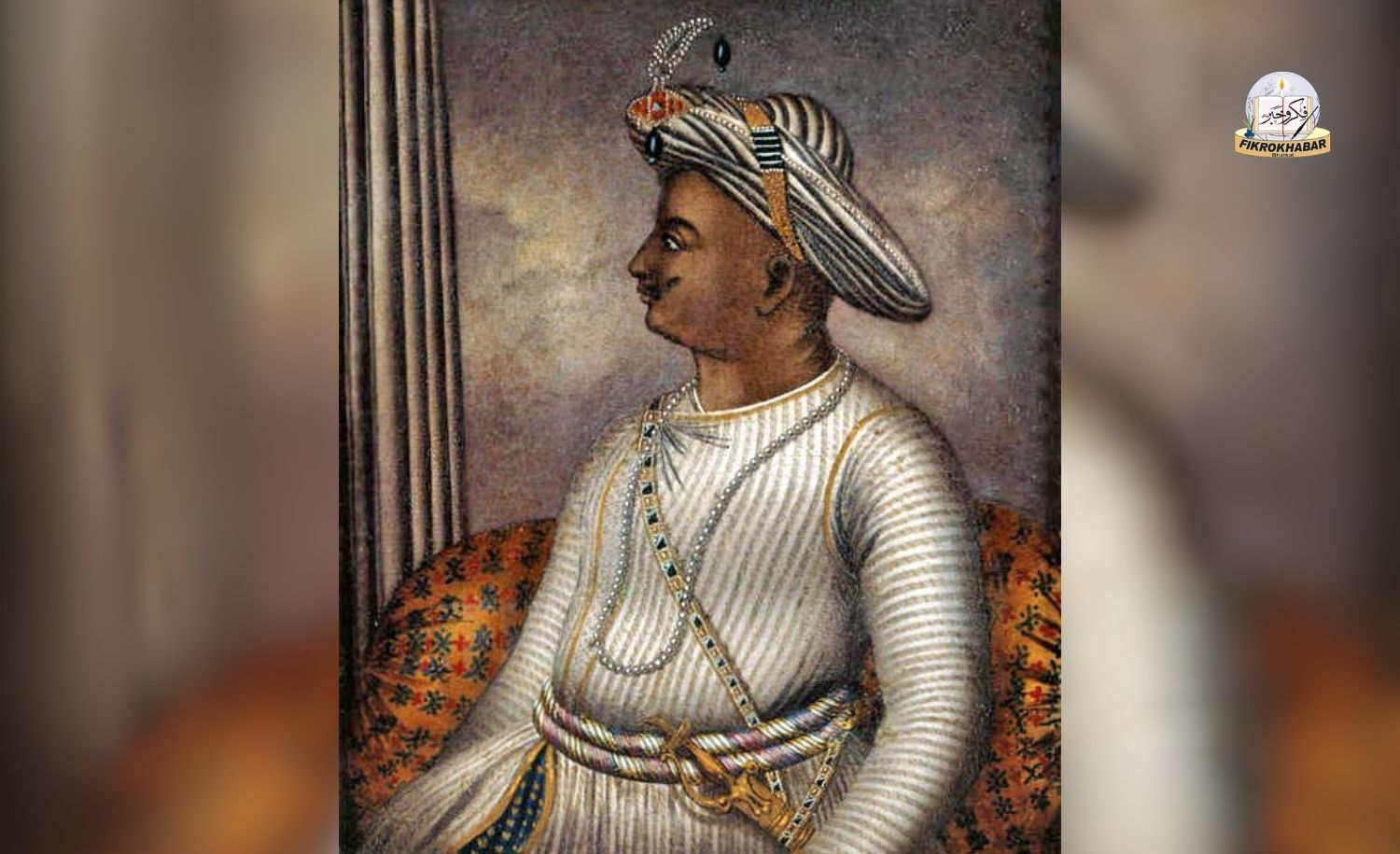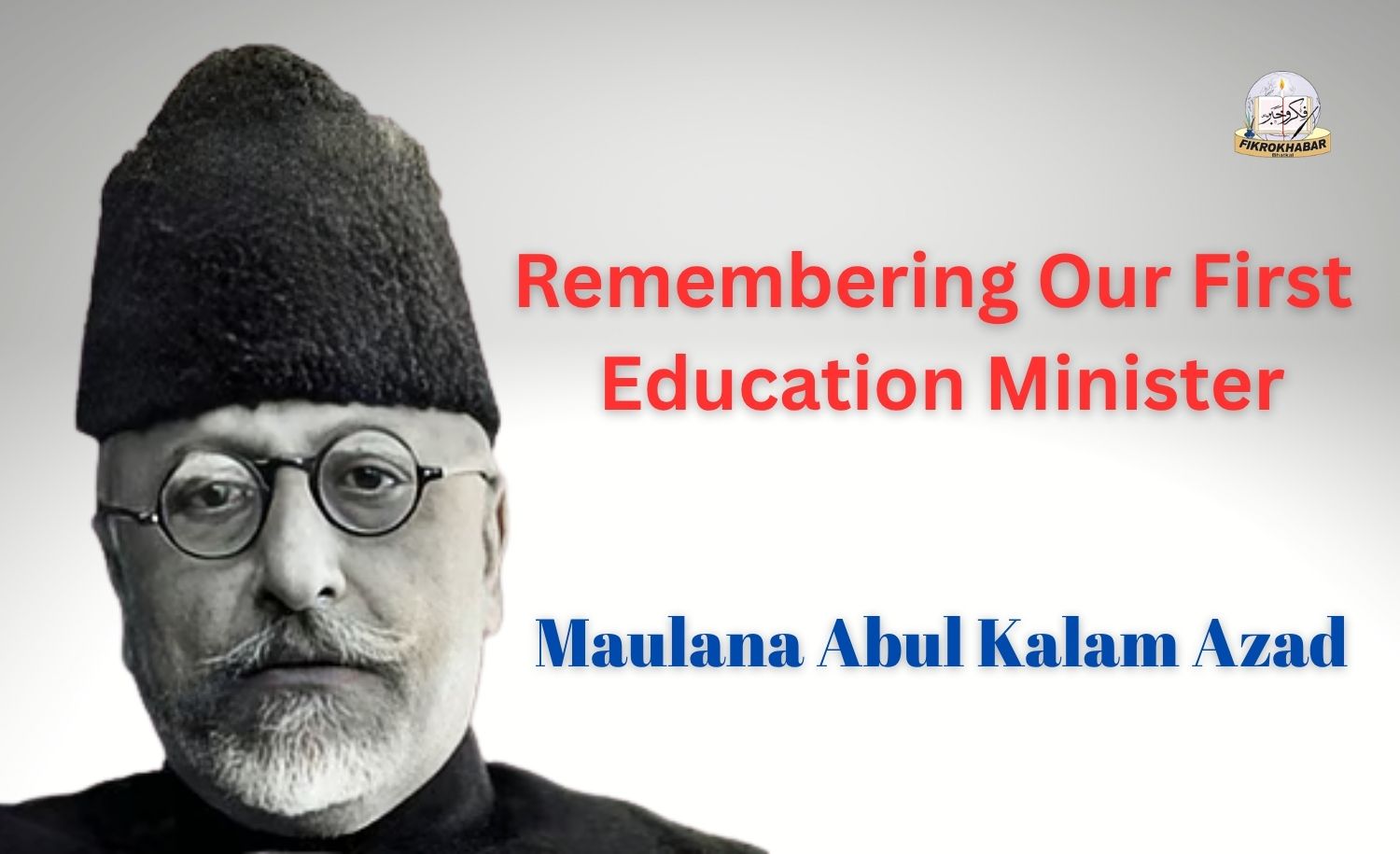Moulana Abdul Aleem Khateeb Nadvi Delivers Jummah Bayan on the Leadership of Prophet Muhammad (PBUH)

Abdul Aleem Khateeb Nadvi Delivers Jummah Bayan on the Leadership of Prophet Muhammad (PBUH)
Abdul Aleem Khateeb Nadvi Delivers Jummah Bayan on the Leadership of Prophet Muhammad (PBUH)
Abdul Aleem Khateeb Nadvi Delivers Jummah Bayan on the Leadership of Prophet Muhammad (PBUH)
Bhatkal: Delivering the Friday sermon at Jamia Masjid, Abdul Aleem Khateeb Nadvi spoke on the leadership qualities of Prophet Muhammad (peace be upon him), stressing that his life remains the perfect model for humanity in every field—religion, society, politics, and governance.
He reminded the congregation that the Prophet was not only a great teacher, reformer, and guide but also a remarkable leader whose wisdom, justice, courage, and compassion continue to offer lessons for leaders across generations.
Equality and Justice
The Khateeb emphasized that one of the Prophet’s greatest qualities was his commitment to equality. Quoting the Farewell Sermon, he recalled how the Prophet declared there is no superiority of an Arab over a non-Arab or of a white person over a black person, except on the basis of piety.
This principle, the Khateeb said, was evident in how the Prophet gave honor to companions such as Bilal (RA), Salman al-Farisi (RA), and others who were once marginalized but were elevated to high positions of respect. Even non-Muslims, he added, could expect fairness and justice from the Prophet, who would rule in their favor if they were on the side of truth.
Shura (Consultation)
Another key aspect of the Prophet’s leadership, Abdul Aleem Nadvi noted, was his practice of consultation. Despite receiving divine guidance, the Prophet (PBUH) often sought the opinions of his companions, whether in matters of battle strategies or political agreements. He gave the example of the Battle of Khandaq, where Salman al-Farisi’s suggestion to dig a trench was adopted, and also the Treaty of Hudaybiyyah, where the advice of Umm Salama (RA) helped resolve a difficult situation.
Compassion and Forgiveness
The Khateeb underlined that the Prophet’s mercy and gentleness were central to his leadership. Quoting the Qur’an, he explained that it was by Allah’s mercy that the Prophet was lenient with his followers, earning their love and loyalty. The conquest of Makkah, where he forgave long-time enemies, remains a shining example of forgiveness in leadership.
Bravery and Determination
Prophet Muhammad (PBUH) was also described as a leader of unmatched courage. At critical battles like Uhud and Hunain, when many companions retreated, he stood firm, rallying his followers with unshakable resolve. His bravery, the Khateeb said, made him a true source of strength and inspiration for his companions.
Justice in Decisions
The sermon also highlighted the Prophet’s commitment to justice. Once a woman from a noble family was found guilty of theft, and some sought leniency for her. The Prophet firmly declared that even if his daughter Fatimah had committed the crime, the same punishment would apply. Such impartiality, Abdul Aleem Nadvi said, showed the Prophet’s refusal to bend rules for favor or pressure.
Appointing the Right People
The Prophet’s keen insight into people’s abilities also shaped his leadership. He would assign roles according to capability rather than status. For military command, he sometimes appointed younger companions like Usama bin Zayd, while scholars such as Muaz bin Jabal were sent for religious guidance in Yemen. The Prophet also demonstrated political foresight by drafting agreements in Madinah that united Muslims, Jews, and others under a shared constitution.
Lessons for Today
Concluding the sermon, Abdul Aleem Khateeb Nadvi urged Muslims to adopt these prophetic principles of leadership—justice, consultation, compassion, courage, and strategic wisdom—in their personal lives and positions of responsibility. By following this model, he said, communities can achieve unity, trust, and positive reform.
Friday Bayan by: Abdul Aleem Khateeb Nadvi
Venue: Jamia Masjid, Bhatkal



